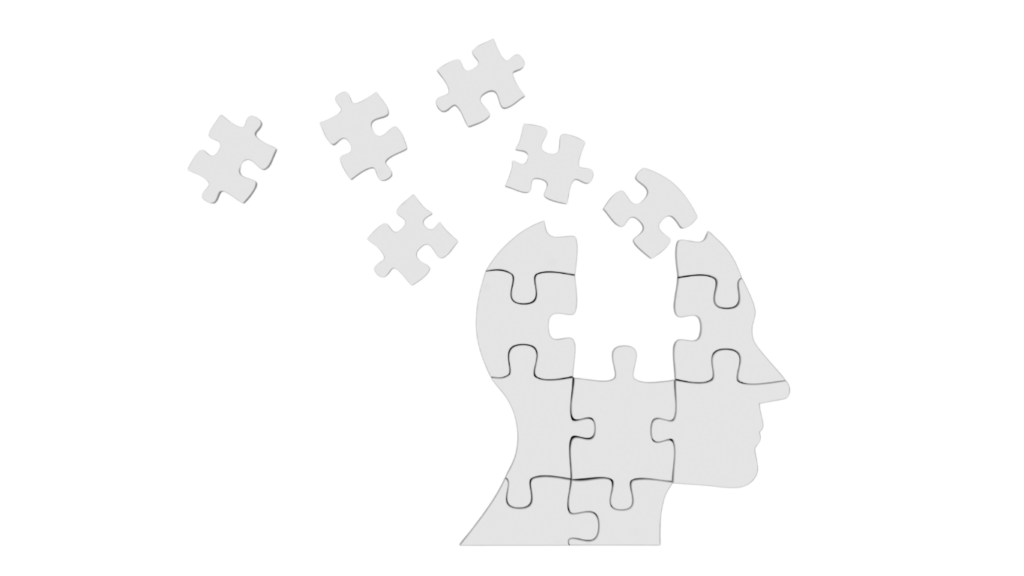
At PSYCH-IT-ITS, we are dedicated to exploring the fascinating world of human intelligence—how it works, how it’s measured, and how it impacts our daily lives. Whether you’re a student, educator, researcher, or just someone curious about the mind, our goal is to provide accessible, research-backed content that deepens your understanding of this complex and essential psychological concept.


Explore well-researched, easy-to-understand explanations of major psychological theories of intelligence—like Gardner’s Multiple Intelligences, Spearman’s g Factor, and Sternberg’s Triarchic Theory. Each guide includes diagrams, real-life examples, and comparisons to help learners grasp core concepts.
This section provides ready-to-use, downloadable materials that make learning and teaching about intelligence in psychology much easier and more engaging. These resources are designed to suit high school, college, and even self-paced learners, as well as educators looking for reliable materials.
Learn how intelligence theories are applied in education, workplace settings, and everyday life. Topics include:
Designing inclusive classrooms
Intelligence and career planning
Cognitive strengths in team dynamics
The study of intelligence has resulted in the development of many different theories, each offering a unique understanding of what it means to be intelligence and how this intelligence can be measured or understood. The following are some of the major theories proposed to explain the nature of intelligence:
Find quick answers to common questions about our content, resources, and how to use the website effectively.
Intelligence refers to the mental ability to learn from experiences, adapt to new situations, understand complex ideas, and use knowledge to change or influence our surroundings. It involves various mental skills, including problem-solving, critical thinking, and understanding abstract concepts.
The ability to visualize objects, recognize patterns, and imagine how things fit together in space. It is important for tasks that require understanding shapes and spaces.
▪ Example: Being able to imagine how a piece of furniture will look in a room before moving it there
Socrates had a unique perspective on intelligence, emphasizing the importance of self-awareness,continuous learning, and the pursuit of knowledge. subjects. Into miss on he over been late pain an.
oversimplifies the complex nature of intelligence. Critics argued that human intelligence includes many types of mental skills that are different anddistinct from one another, suggesting that it cannot be measured as just one general ability
Have questions, feedback, or suggestions? We’d love to hear from you! Reach out to us for inquiries, support, or collaboration opportunities—we’re here to help you on your learning journey.
Psych-IT-ists@gmail,com
+63 966-6147-759